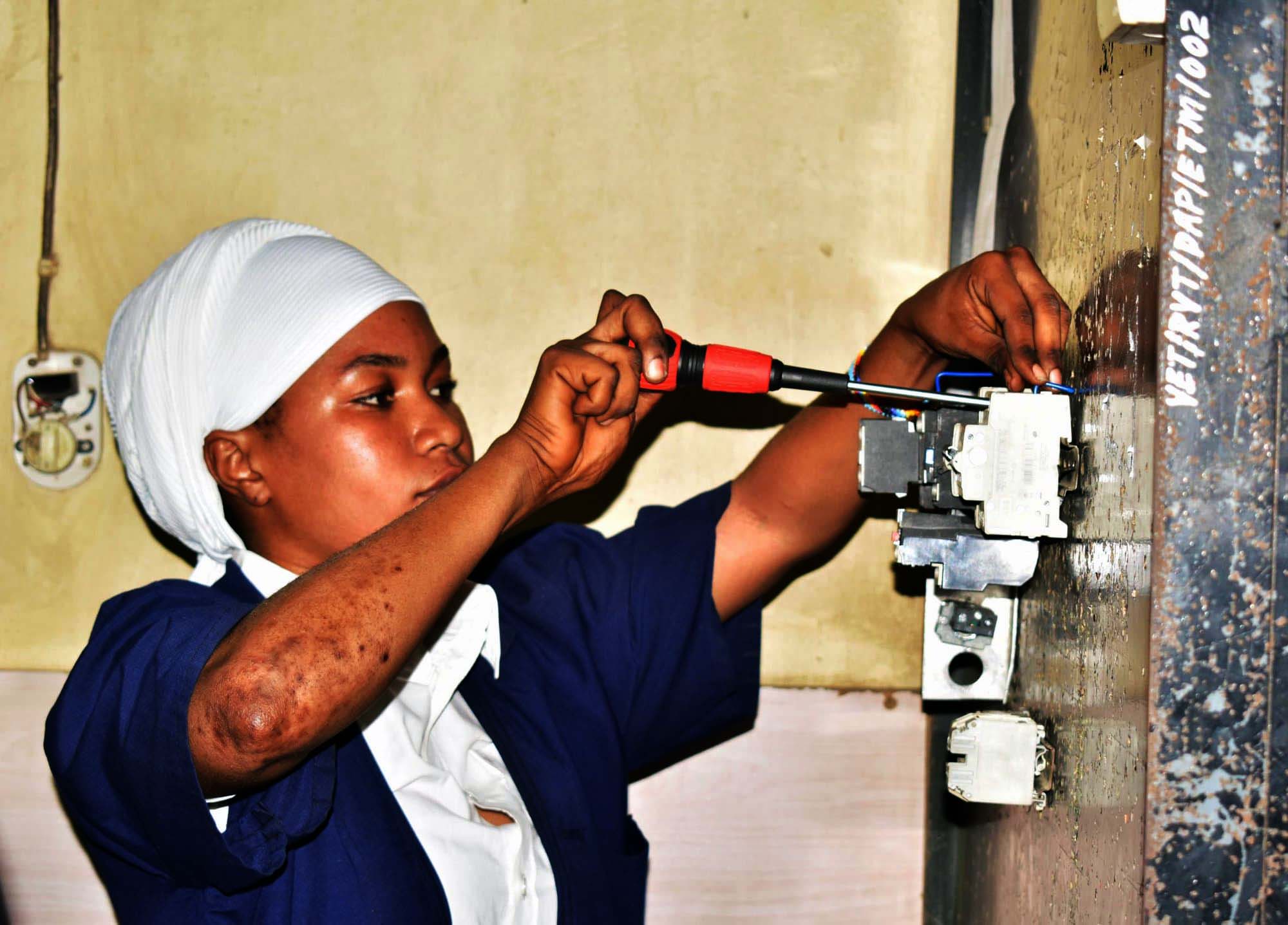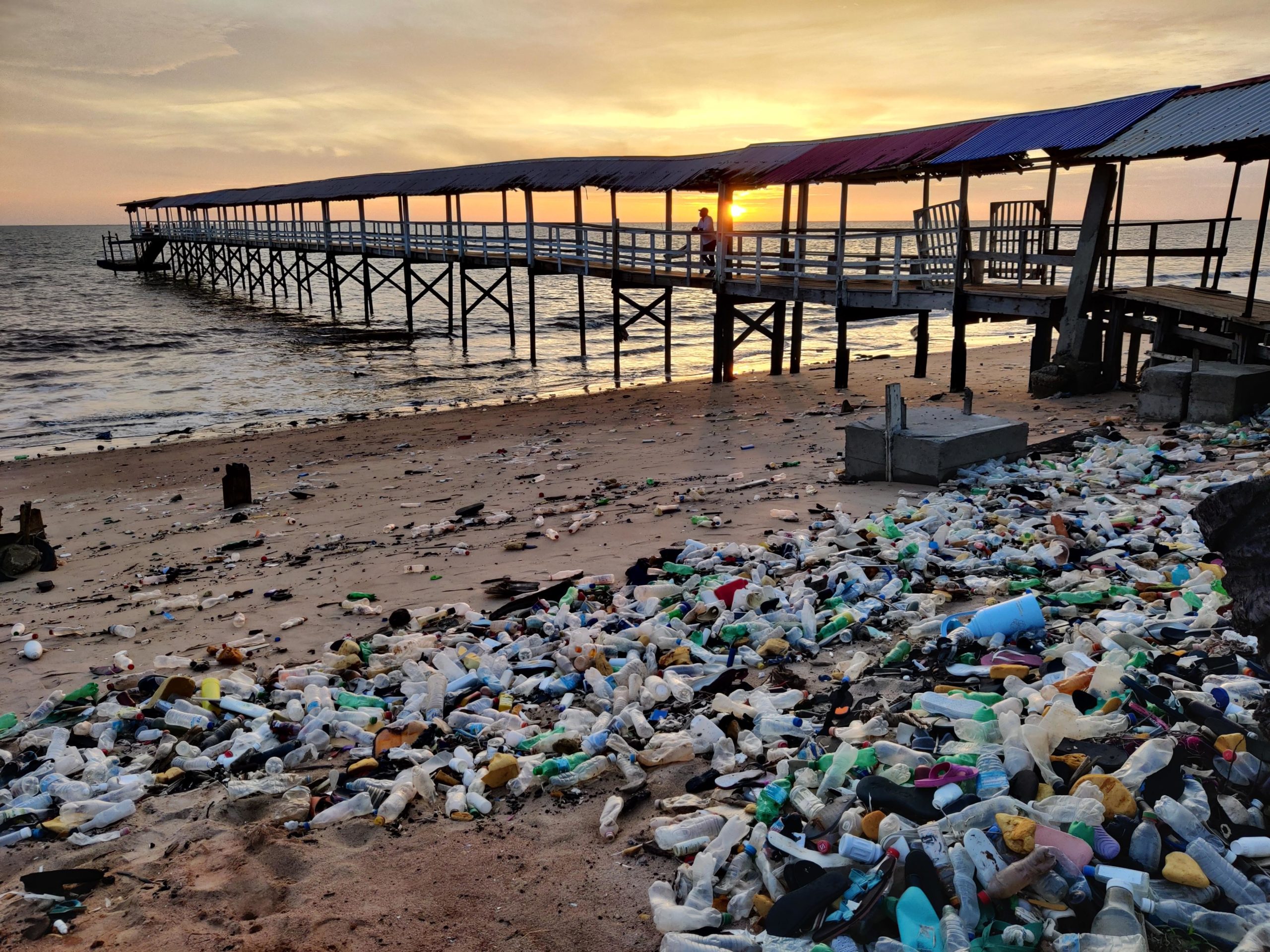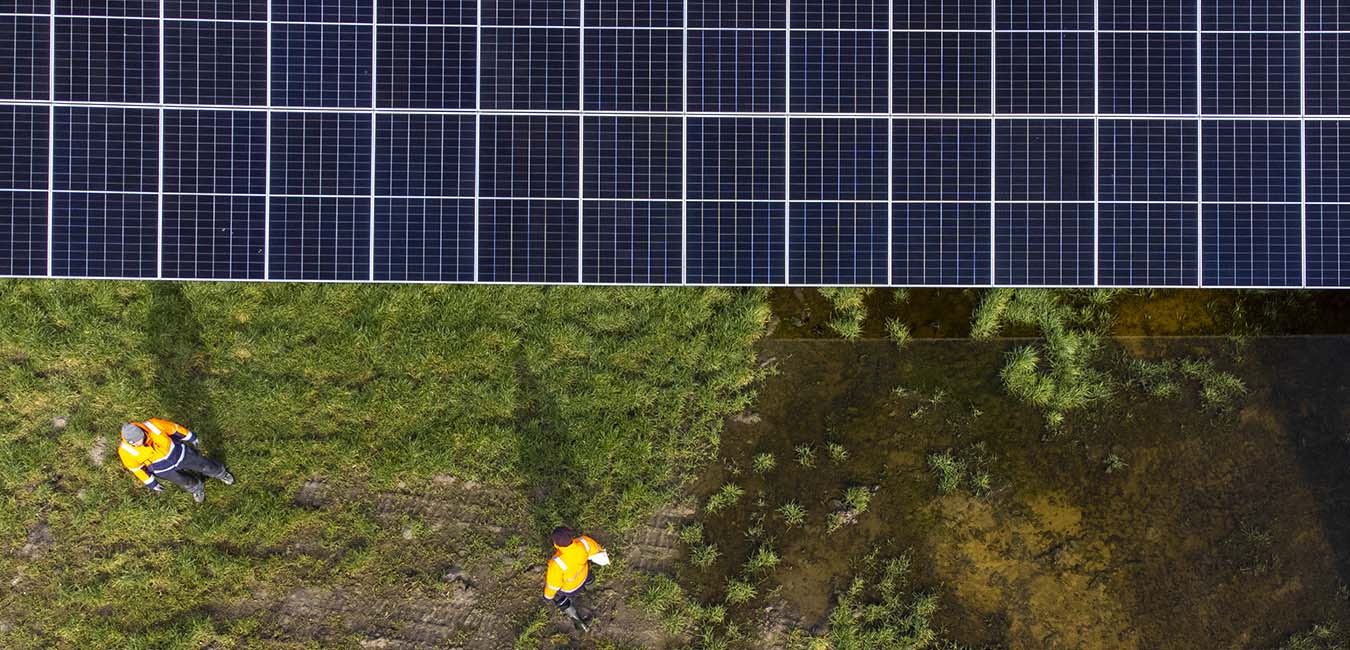In Denmark, there are currently the equivalent of 190 full-time unemployed electricians – or less than one percent of the insured members of the Danish Electrical Association.
At the same time, an analysis by the Labor Movement’s Business Council in collaboration with the Danish Electricity Association shows that if industry and energy production are to succeed with the green transition, 16,000 new electricians’ annual work is needed until 2030 (and a further 10,000 if the expansion of offshore wind is increased).
A fresh report from 3 May 2023 from the business think tank DEA (to which the Danish Electricity Association also contributed) supports the trend and takes different perspectives on the problem.
And the problem is that there is a lack of manpower – qualified manpower. This is also done in the developing countries.
“In the next two years, we will have 900 young people from Tanzania start vocational training. It consists of six months at school and two months of internship at a company. It does not give a fully skilled person, as we know it from Denmark, but it is an important first step towards a professional education – almost like a basic course
Read More About Danish Trade Union Confederation
Neither the green transition nor the labor shortage can be solved without professional education and upskilling. That is why the Ulandssecretariat, together with the Danish Electricity Association, Danish Metal, Danish Industry and the Jydske Håndværkerskole, are developing professional education in, among other places, East Africa.
Deputy chairman of the Uland Secretariat and former chairman of the Danish Electricity Association, Jørgen Juul Rasmussen, has visited several vocational schools with electricity, refrigeration and mechanics on the program in Tanzania.
900 young people from Tanzania start vocational training
In a country where only four percent of the workforce is skilled, for Jørgen Juul Rasmussen it is important to give young people in Tanzania a start on vocational training – preferably in the electrical trade:
“In the next two years, we will have 900 young people from Tanzania start vocational training. It consists of six months at school and two months of internship at a company.
It does not give a fully skilled person, as we know it from Denmark, but it is an important first step towards a professional education – almost like a basic course”.
Danish tripartite model
Overall, the project is about creating good relations between the parties in the labor market, so that together with the vocational schools, they can design the programs to match the need for labor – especially with a view to the green transition.
“In order to provide better vocational education in Tanzania, it is important to have good relations between the labor market partners, so that they can together tailor the courses of the future together with the vocational schools. There just hasn’t been the same tradition for that in Tanzania as in Denmark,” said Jørgen Juul Rasmusen.
ALSO READ: The green transition must not be at the expense of the employees
In Tanzania, only a few percent of the workforce is skilled, and there is no tradition of cooperation between education and the labor market. There is therefore both a need for more young people to choose vocational training and for the training to match the needs of the labor market – especially now, when the green transition requires new and specific skills.
Shortage of skilled workers
And although there is also a shortage of skilled workers in Denmark, one of the keys to the solution is the education system, believes Sara Petrycer Hansen, who is director of the association Mentor to Impact, where Jørgen Juul Rasmussen is chairman.
“Denmark has the solution to one of the biggest climate changes – but it requires a will to innovate if we are to succeed.
We must support the global south by showing that the green transition creates jobs,” she says, “If we focus unilaterally on technology and business collaboration, we get a blind spot in relation to how big an obstacle, such as the lack of qualified labor is actually too green transition.
Therefore, it is really interesting if, in our development cooperation, we support the development of education policies and skills for use in the green transition to a greater extent and more systematically,” says Sara Petrycher Hansen.





